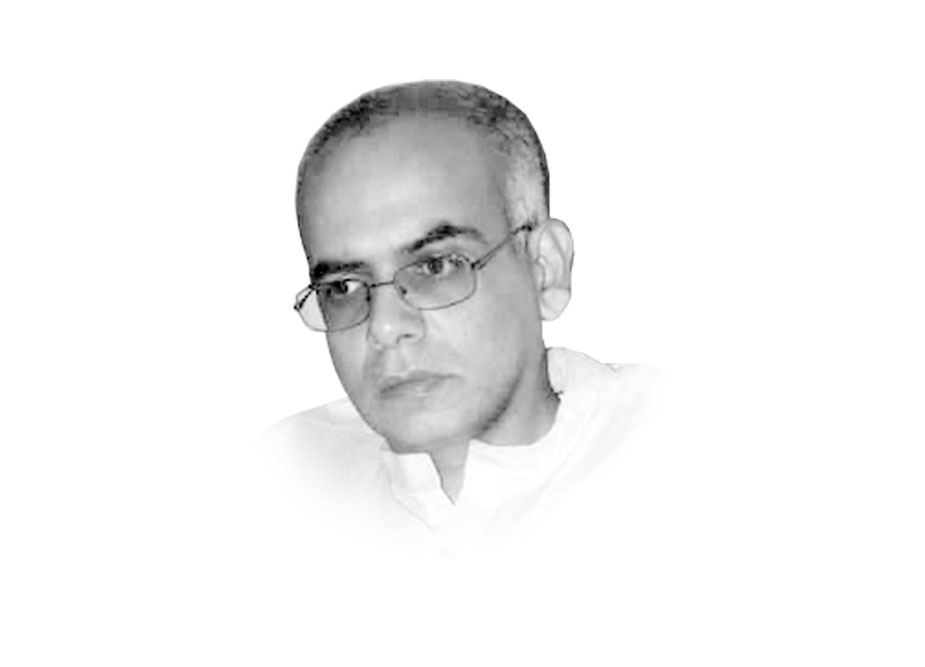
Much of South Asia is in a period of transition at present. While the political contours within individual states vary, much of the region is still plagued by authoritarian rule.
Rhetorical aspirations aside, none of the largest South Asian countries has managed to become a functional democracy. Bangladesh, India, Pakistan and Sri Lanka are still struggling to create representative governments despite having gained independence from colonial rule over seven decades ago.
Let us first consider, for instance, what is happening in Bangladesh and Pakistan, both Muslim majority countries. A shared religious identity was unable to prevent the breakaway of east from west Pakistan. Disgruntled with hegemonic assertions of its western wing, East Pakistan aimed to create a new nation on the basis of ethno-nationalism. However, Bengali identify failed to avert further rifts within the breakaway state.
Sheikh Hasina, Mujeeb-ur-Rehman’s daughter, has just won a fourth consecutive term in office in Bangladesh. This was no surprise given that the Bangladesh Nationalist Party (BNP), led by the ailing widow of Zia-Ur-Rahman (who was involved in the coup that killed Mujeeb-ur-Rahman in 1975) had boycotted the January 2024 general elections. While the BNP was also in power twice (1991-1996 and 2001-2006), Sheikh Hasina has not allowed it to make a comeback despite its popularity. Hasina has also ruthlessly persecuted Jamaat-i-Islami for its alleged resistance to the idea of Bangladeshi independence, and for its political alliance with BNP. Despite portraying itself as a secular party, Sheikh Hasina’s Awami League has itself wooed other myopic religio-political parties in the bid to remain in power. Hasina’s cooption of state institutions and the ham-handed repression of political opponents have turned the country into a ‘one-party state’.
Conversely, after having experienced decades of overt military rule, Pakistan is scheduled to hold a fourth consecutive democratic election next month. However, no Prime Minister has yet been able to complete a full term in office. The suppression of mainstream politicians who have fallen out of favour with the establishment was a major problem during the 2018 elections, and it remains an evident problem in the lead up to the forthcoming elections as well. The influence of the military is increasingly palpable not only within politics but also on the economy.
On the other hand, India claims itself to be the largest democracy in the world, but the steady rise of Hindu nationalism has created a “tyranny of the majority” within this populous country. Modi continues fueling Islamophobia, as he aspires to turn India not only into a superpower but also an exclusionary Hindu state. Modi’s decision to revoke Kashmir’s special status has just been endorsed by the Indian Supreme Court, which will provide another boost for the incumbent’s return to power for a third consecutive term, when elections are held this early summer.
In Sri Lanka, the Rajapaksa brothers who brutally crushed the Tamil insurgency in 2009 were kicked out of power in 2015 due to their nepotism and corruption. But the Rajapaksas made a comeback after the IS bombings of hotels and churches during Easter in 2019. However, continued corruption and inefficient governance amid the worst economic crisis in the country since its creation in 1948 provoked widespread protests. The overthrow of the second Rajapaksa regime in 2022 (which was led by former defence minister Gotabaya Rajapaksa, the brother of the former President Mahinda Rajapaksa) paved the way for the longtime politician, Ranil Wickremesinghe, to take over the reins of power. Elections are now expected to be held by September 2024, and Wickremesinghe is likely to make a bid for another term in office. While Wickremesinghe has secured a desperately needed IMF loan, he has been repeatedly delaying the polls, and his ties to the Rajapaksas remain a major source of consternation.
Thus, while the contours of oppressive rule vary within South Asia, a common trend amongst all four of its largest states remains their inability to develop sustainable governance models which can represent the will and safeguard the interests of their diverse populace.
Published in The Express Tribune, January 19th, 2024.
Like Opinion & Editorial on Facebook, follow @ETOpEd on Twitter to receive all updates on all our daily pieces.
1724760612-0/Untitled-design-(12)1724760612-0-405x300.webp)











1704177126-4/SRKfanspiece24-(1)1704177126-4-270x192.webp)

COMMENTS
Comments are moderated and generally will be posted if they are on-topic and not abusive.
For more information, please see our Comments FAQ